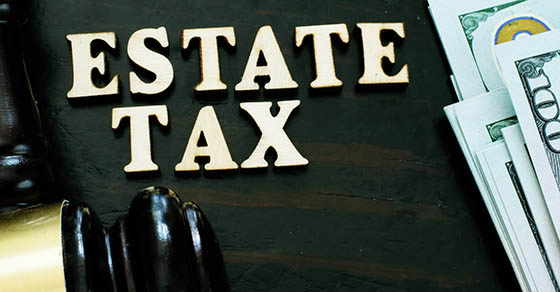Louisiana estate planning blog
Blog
What Does a Trustee Do?
Make Your Legacy Last by Educating Your Children About Wealth Management
Does Your Estate Plan Clearly Communicate Your Wishes?
2 Options for Families with Disabled Loved Ones: Able Accounts and SNTs
Don’t Forget about Making a Portability Election
Estate Planning and Your Art Collection

Client Reviews
Octave A.
“We appreciate all the help and explanations to get the trust set up. It took such a short time to accomplish compared to just taking the first step! We would recommend the firm without hesitation. Thank you!”
Leonard K.
“Positive experience. They did a professional job. Very helpful and personable.”
Ted R.
“Graves helped with our estate planning and did an excellent job!”
Ron H.
“Graves handles my personal real estate law and is the best, hands down. He is VERY thorough and efficient. I highly recommend him!”
Maurice H.
“Graves has experience with all types of real estate law and we have used his firm for many years. He is honest, thorough, accurate, detailed and timely.”

Principal

Managing Attorney
From Our Blog

What Does a Trustee Do?

Make Your Legacy Last by Educating Your Children About Wealth Management

Does Your Estate Plan Clearly Communicate Your Wishes?

2 Options for Families with Disabled Loved Ones: Able Accounts and SNTs

Don’t Forget about Making a Portability Election

Estate Planning and Your Art Collection
Serving clients nationally
Serving Louisiana, Washington, & Alaska
with office locations in:
- ALEXANDRIA
- LAFAYETTE
- SHREVEPORT
- NEW ORLEANS
- BATON ROUGE
- MONROE
- SEATTLE
- ANCHORAGE
Consultation
